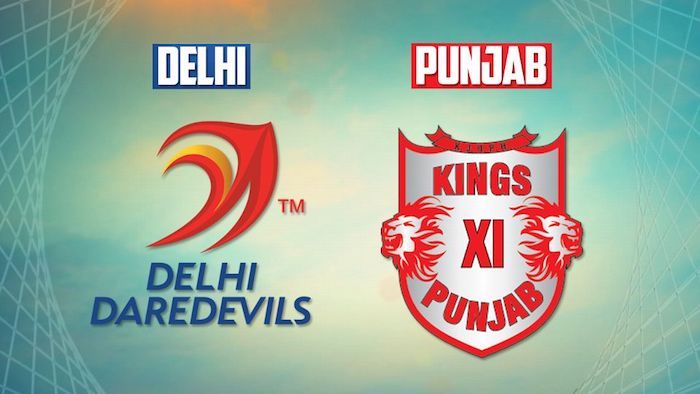Image source: thewinin.com
So, finally, the last week of IPL 2018 is here. The Orange Cap holder (the highest run scorer) at this stage of the tournament, when each of the 8 teams have played 14 matches each, is Rishabh Pant from Delhi Daredevils. The Purple Cap holder (highest wicket taker) is Andrew Tye of Kings XI Punjab, Rishabh Pant made 684 runs in 14 innings and Andrew Tye took 24 wickets in 14 matches.
And guess what’s surprising. Neither of these two players are in the teams qualified to move to the next round. Out of all the 8 teams, Rishabh Pant’s Delhi Daredevils is right at the bottom having won only 5 matches. And Andrew Tye’s Kings XI Punjab is second from the bottom having won 6 of the 14 matches played. The highest run scorer and the leading wicket taker’s teams are number one and two teams from the bottom of the point’s table!
What’s even more interesting is that none of the teams of the 2nd, 3rd, 4th and the 5th highest wicket takers made it to the next round:
What does this show us?
Clearly, individual brilliance in a team sport, does not lead to games being won. A team sport is a team sport. Every member of the team has a role to play, a promise to fulfill. How well team members play that role, or fulfill their promise will determine whether or not the team will win or lose. Beyond a point, individuals excelling will mean little or nothing.
Does this happen in organizations too?
Absolutely. All the time.
You see sparks of brilliance, and some super stars in organizational teams delivering kick-ass results, but all of that goes to vain, because the others in the team do not fulfill the promise of their role. Often, they do not even know what is expected of them. Leaders have their role cutout. They need to have the right team conversations. These team conversations are non-discretionary. If you do not have these conversations, you pay a price for not having these conversations – which is, you lose games (And I don’t only mean games on the cricket field. I also mean organizational results)!
I had once heard “the captain is as good as his team”. I think differently, you could have a fabulous team on paper, and yet lose games. My claim is, “The captain is as good as the conversations he has”. Remember the 2008 IPL. The winner of that IPL season was Rajasthan Royals.
Before the commencement of the first season of IPL, many considered Rajasthan Royals to perhaps be the weakest team giving them little chance of competing well in the tournament. Other teams had individual superstar players. At that time, Shane Warne was the captain of Rajasthan Royals – he built a strong team, and clearly seemed like he had the right conversations with his team. Not only did they win the first ever IPL tournament, we also had new comers like Yusuf Pathan, Ravindra Jadeja and Shane Watson emerge. All these players eventually went on to play match-winning performances not only for Rajasthan Royals, but also for their respective national teams.
I cannot over emphasize the importance of having the “right” team conversations. And there is no formula for this. Leaders need to learn the art and practice of effectively managing teams. What may be “right” in one scenario can be completely different from another. Which is why, I call this an art. And you can only master an art through practice.
As a CEO, or head of large team, if you would like to learn about the “Constitutive Team Conversations”, and how to build and manage effective teams, we invite you to a conversation with one of our leaders.
Schedule a Conversation
Please help us with your details.




